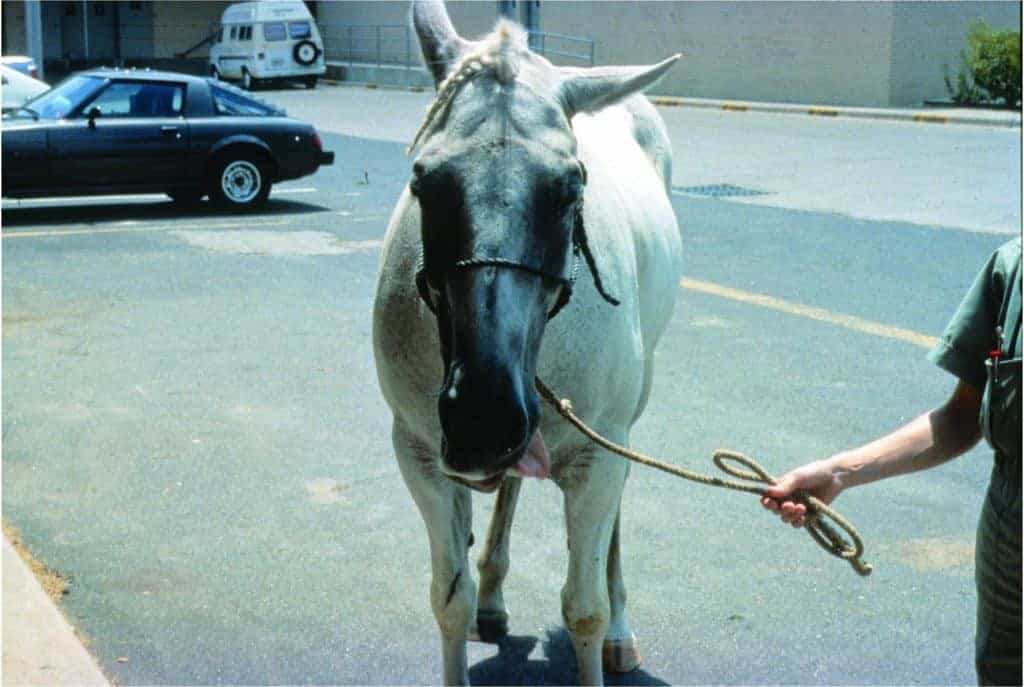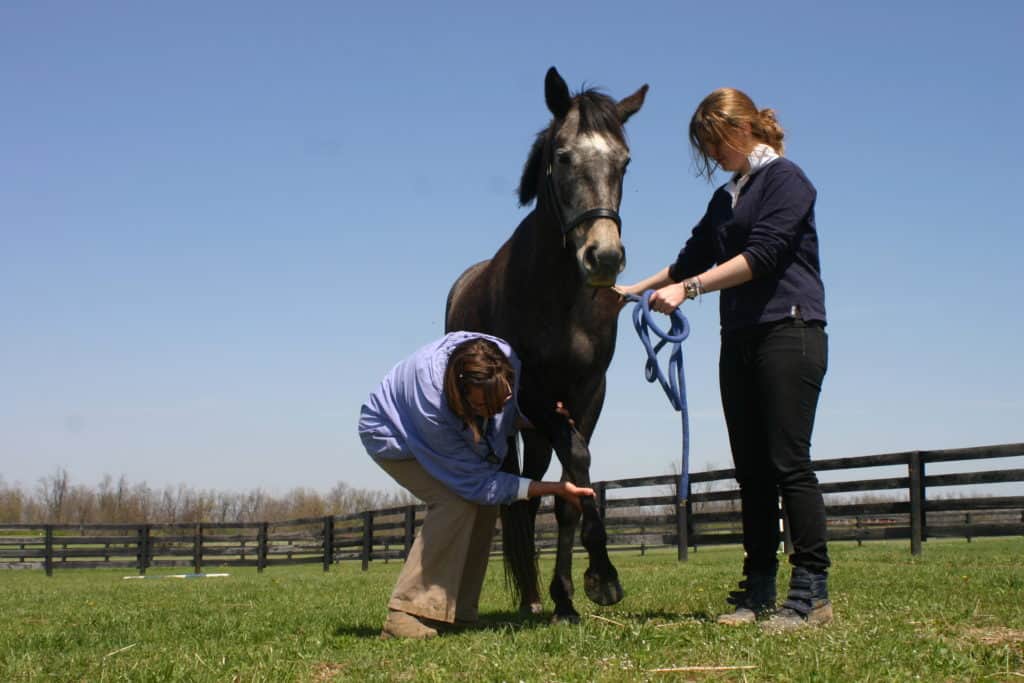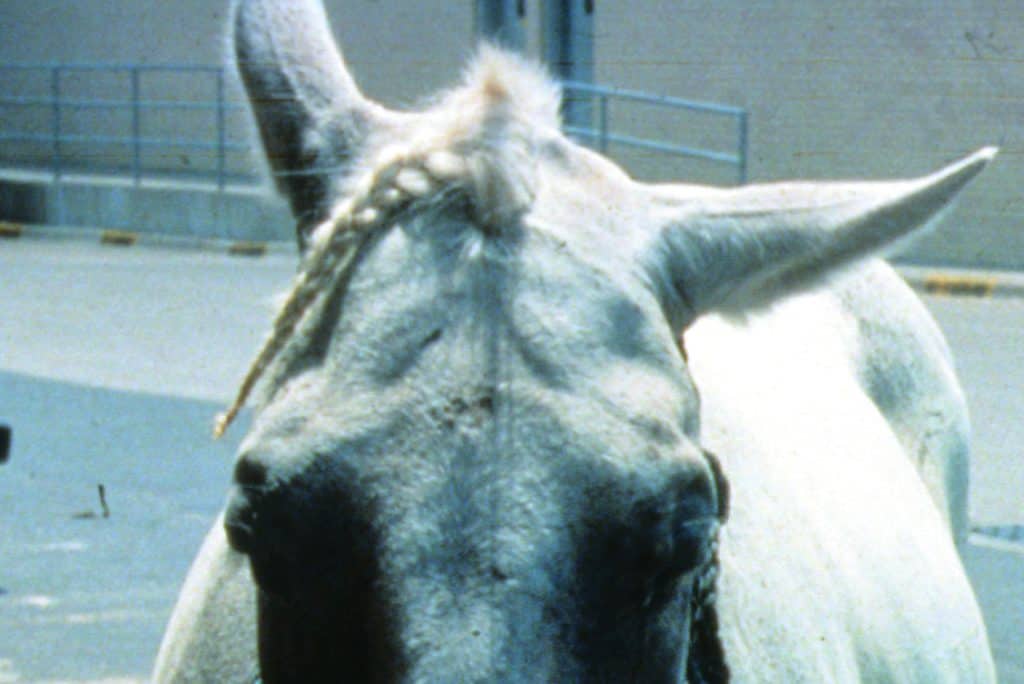Researcher Working to Better Understand West Nile Virus
Bernard is examining interactions between the body, the West Nile virus, and even the mosquito saliva.
Bernard is examining interactions between the body, the West Nile virus, and even the mosquito saliva.
Disease control in developing countries must be cost-effective, practical, and acceptable to livestock owners.
Featured topics included equine protozoal myeloencephalitis, wobbler syndrome, and neurologic herpesvirus.

Researchers discuss the parasite’s life cycle, EPM diagnostic testing, and the S. neurona genome project.
Two horses residing in Lake County, Fla., have died after contracting EEE; neither was vaccinated.
Liz Durkin sponsored R.U. Levi, a Wobbler syndrome-afflicted Mustang who now serves as a teaching horse.
Since June 2011, the program has provided notification of more than 500 equine disease reports to subscribers.
Researchers developed a “brain and immunity chip” to characterize molecular changes in the equine brain.
Attendees discussed hoof lameness, club feet, track surface’s effect on lameness, back and neck pain, and EPM.
Champion South African Thoroughbred racing sire Jet Master died Tuesday from complications from surgery.

Wobbler syndrome is no longer a death sentence for horses if detected and managed early.
An unvaccinated 11-year-old mare from Monmouth County, N.J., tested positive for WNV on Oct. 12.
The USDA/APHIS is keeping a running tally of the number of confirmed cases of WNV, EEE, and WEE in the U.S.

Four veterinarians discuss equine protozoal myeloencephalitis (EPM) diagnosis, what conditions it can appear to be, and effective treatment strategies.
Twenty-five cases of Eastern equine encephalitis have been confirmed in Wisconsin horses since mid-August.

The AAEP strongly recommends an annual rabies vaccine as a “core” vaccination for horses.
Stay on top of the most recent Horse Health news with
Notifications